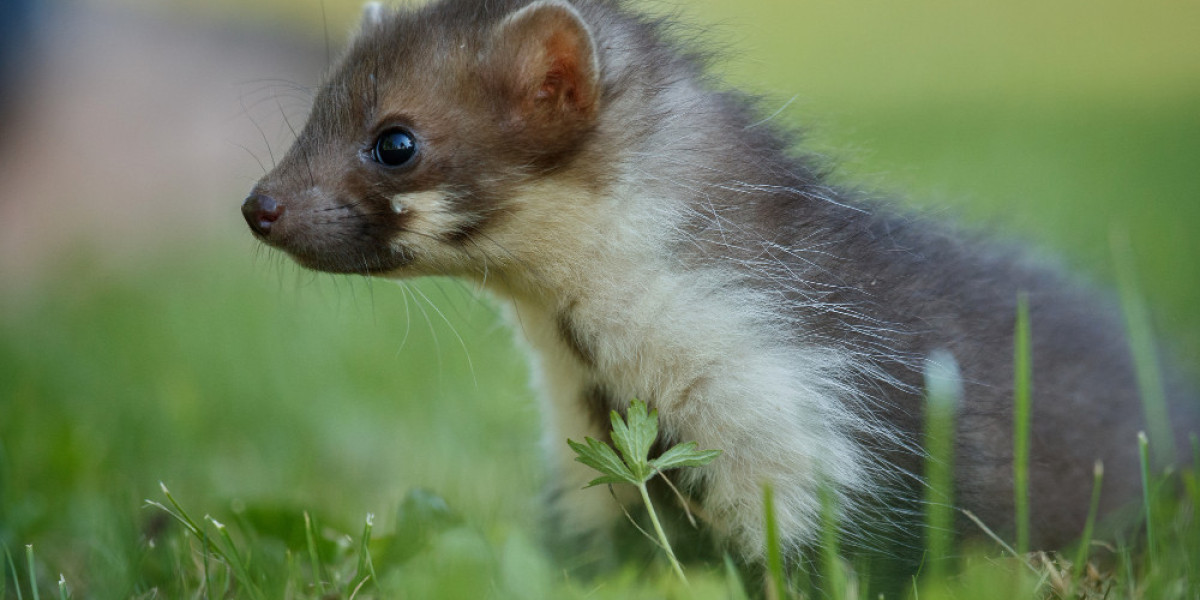Introduction
Have you ever wondered what happens to skunks when the snow falls and temperatures drop? Many people assume that Skunks Hibernate Like Bears or groundhogs, disappearing for the entire winter. But here’s the surprise—skunks don’t truly hibernate! Instead, they have a fascinating survival strategy that keeps them safe and warm during the coldest months. Let’s dive into everything you should know about skunks in winter.
Do Skunks Hibernate?
The short answer is no, skunks do not hibernate. Instead, they enter a state of torpor, which is like a “light sleep” during extreme cold. Unlike true hibernators, skunks can wake up and move around if conditions improve.
The Difference Between Hibernation and Torpor
- Hibernation: A deep, long-term sleep with minimal activity (like bears or groundhogs).
- Torpor: A temporary state of reduced body temperature and metabolism.
Skunks survive winter using torpor rather than true hibernation. This means they can remain inactive for days or weeks but may venture out when the weather warms.
Skunks in North America
Skunks are native to North America, with species such as the striped skunk being the most common. They thrive in woodlands, fields, and even urban areas. Because of their adaptability, you may find them around homes, barns, or garages when seeking winter shelter.
How Skunks Survive Winter
- Denning habits: Skunks retreat into burrows, hollow logs, or beneath porches.
- Grouping behavior: Several skunks may share a den to conserve warmth.
- Fat storage: They build fat reserves in fall to sustain them through food shortages.
Where Do Skunks Go in Winter?
In the countryside, skunks often use abandoned fox or groundhog burrows. In cities, they might choose crawl spaces, sheds, or woodpiles. Urban dwellers sometimes discover them beneath decks or porches, where warmth and shelter are readily available.
Diet of Skunks During Cold Months
Skunks are omnivores. Before winter, they feast on insects, fruits, and small rodents to bulk up. In the coldest periods, food becomes scarce, so they rely on stored fat. Occasionally, during a thaw, skunks may come out to forage for scraps, garbage, or pet food left outdoors.
Signs of Skunks Around Your Property in Winter
- Tracks in snow: Small, five-toed prints leading to dens.
- Odor clues: That unmistakable musky smell.
- Burrow activity: Fresh digging near foundations or sheds.
Skunks and Human Encounters in Winter
Because food is limited, skunks may wander closer to homes. This increases the chance of encounters, especially if garbage bins or pet food are accessible. While skunks are not aggressive, they will spray if threatened.
How Skunks Prepare for Winter
In fall, skunks eat more to build a thick fat layer. They also begin searching for safe dens. By late autumn, they are ready to settle in and minimize outdoor activity.
Do Female Skunks Hibernate Differently?
Yes, females often den together in groups, while males usually remain solitary. This communal living helps them stay warm. Interestingly, their breeding season begins in late winter, so females must survive the harsh months to prepare for spring mating.
Skunk Activity During Milder Winter Days
If you see a skunk wandering in January or February, don’t be surprised. During warm spells, they leave dens to forage briefly before returning to torpor.
Dangers Skunks Face in Winter
- Predators: Coyotes, owls, and foxes may prey on them.
- Starvation: Limited food increases survival risks.
- Human threats: Traps, vehicles, and removal attempts can be fatal.
How to Keep Skunks Away From Your Property in Winter
- Seal crawl spaces and block access under porches.
- Remove food sources like pet food and open garbage.
- Use motion-sensor lights to deter night visits.
- Keep firewood stacks elevated.
When to Call Professional Wildlife Control
If you notice skunks denning under your home or shed, it’s best to contact experts. Professionals know safe, humane ways to relocate skunks without harming them—or you.
Conclusion
Skunks don’t truly hibernate but instead use torpor to conserve energy during freezing months. They spend much of winter in dens, emerging only on warmer days. Understanding their behavior can help you coexist peacefully while keeping your property safe. If skunks ever decide to make your yard their winter home, remember—there are safe, humane solutions to handle them.
FAQs
1. Do skunks hibernate in Canada?
No, skunks in Canada also enter torpor rather than true hibernation.
2. How long do skunks stay in their dens during winter?
They can remain inside for several weeks, only leaving when temperatures rise.
3. Do skunks spray in winter?
Yes, if threatened, they can still spray—even in freezing weather.
4. Can skunks freeze to death?
If they cannot find shelter or food, extreme cold can be fatal.
5. How do I prevent skunks from denning under my porch?
Seal entry points, remove food sources, and use motion lights to discourage them.








